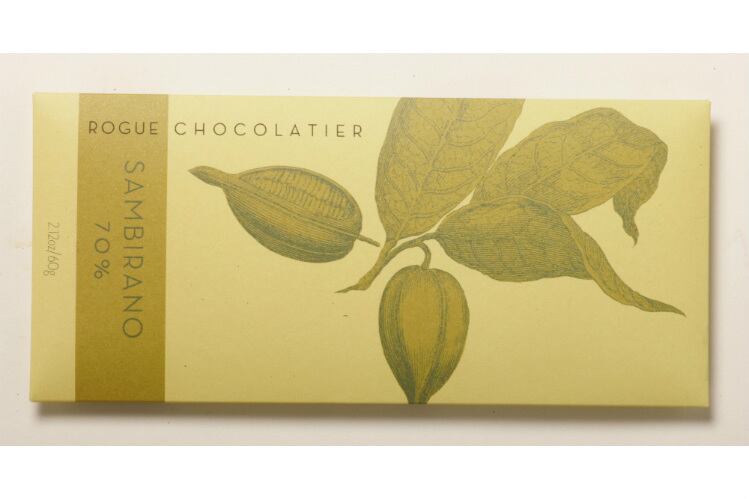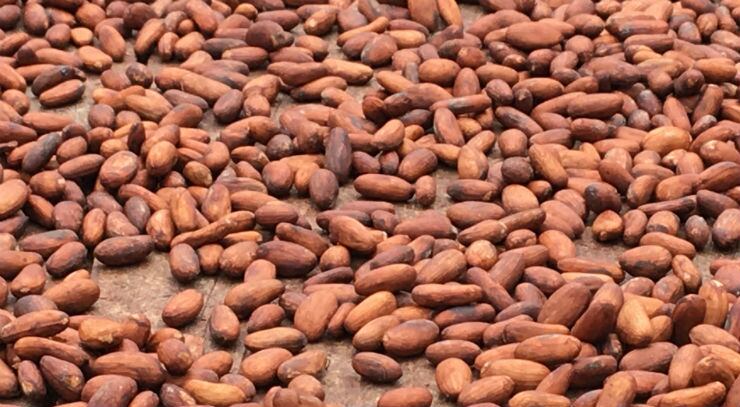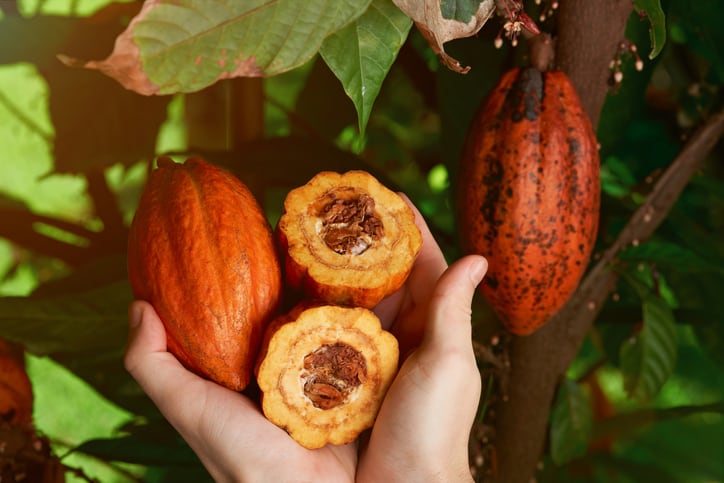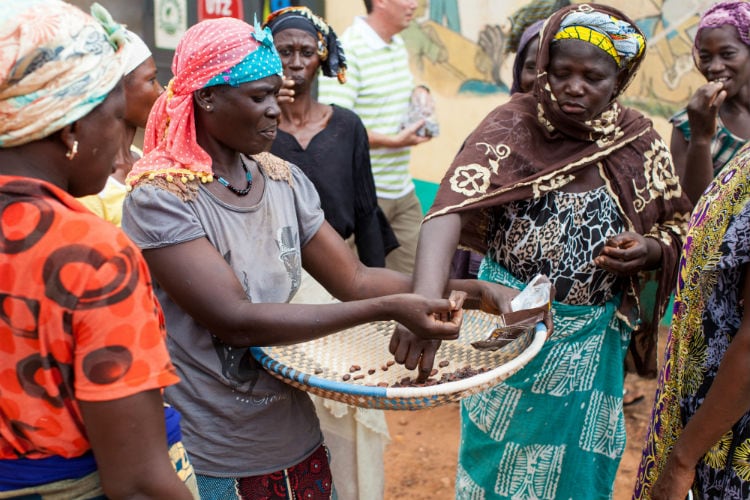At the beginning of June, Gasko launched a GoFundMe page to ‘pre-liquidate’ Rogue’s machinery, which he hoped would find a new home by September. The requested $75k would clear business debts and allow the chocolatier to cease operations while simultaneously arranging the transition to a new owner.
On June 26, Rogue fell short, having raised less than one-tenth of its goal.
The company did not return a request for comment as of this publication.
The chocolatier admitted it was struggling for cash. To stymie the possibility of having 12 years of work wiped out, with equipment sold at less than 10% of its value, Gasko tried to salvage it by passing the torch to a capable buyer in a cocoa-producing nation. He said the company had contacted cooperatives and private parties to build ‘a group of suitable applicants.’
Why shut down?
Sourcing cocoa from tropical climates, shipping it to the US, processing and packaging it for the end consumer was simply not a sustainable way of doing business, Gasko contended.
Craft chocolate has gained market share in recent years, according to the Fine Chocolate Industry Association, which represents more than 350 craft chocolate makers, suppliers and writers. All told, it accounts for about 5% of chocolate sales. Fair Trade has also emphasized that the ‘green’ consumer has moved to the mainstream, turning premium chocolate made with limited ingredients into an important indulgence product.
Still, such chocolate is expensive to produce and often retails at a much higher price point than commodity bars.
“It has become impossible to ignore the environmental footprint of producing chocolate in the way we do, which is both resource and energy intensive,” he said on his crowdfunding campaign announcing the closure.
“Making a delicious product that is sustainable as can be within this framework simply isn’t enough. It’s even harder to envision this model fitting into a future which addresses the urgent necessity of changing how we live in order to prevent the worst outcomes of climate change,” he said, referencing a recent report by the Intergovernmental Panel on Climate Change (IPCC).
The plan to transfer ownership
Rather than simply close the doors – relinquishing valuable equipment and knowledge – he tried to salvage that foundation by passing the torch to a capable buyer in a cocoa-producing country.
Gasko was not concerned merely with climate change but also with the business model of small-batch chocolate as a whole.
“Over many years, we have come to believe the current craft model of production itself is fundamentally flawed because it does not meaningfully alter the distribution of value and power in the chocolate supply chain,” he said.
Higher prices, he added, fail to add proportionate value to farmers.
According to the Cocoa Barometer report, a joint study from the VOICE Network and Sudwind Institut, farmers capture less than 7% of the cocoa value chain today – compared to a 16% share 30 years ago. Processors and grinders, combined with transporters traders, reap less than 10%. Manufacturers, meanwhile, earn 35% of the value chain and retailers 44%.
This matters, Gasko contended, because “craft chocolate continues to suffer from the same structural issue of imbalanced power which has plagued chocolate more or less since it was first adopted by Europeans as a way of extracting value from Central America.
“We believe those things which make it meaningful and valuable are not exclusive to this model.”
As of June 27, Rogue has updated its GoFundMe page to reflect the fact that it did not meet its goal and will be refunding all contributions. The company is still pursuing options to form a nonprofit organization to take over the mission of finding a new owner.




